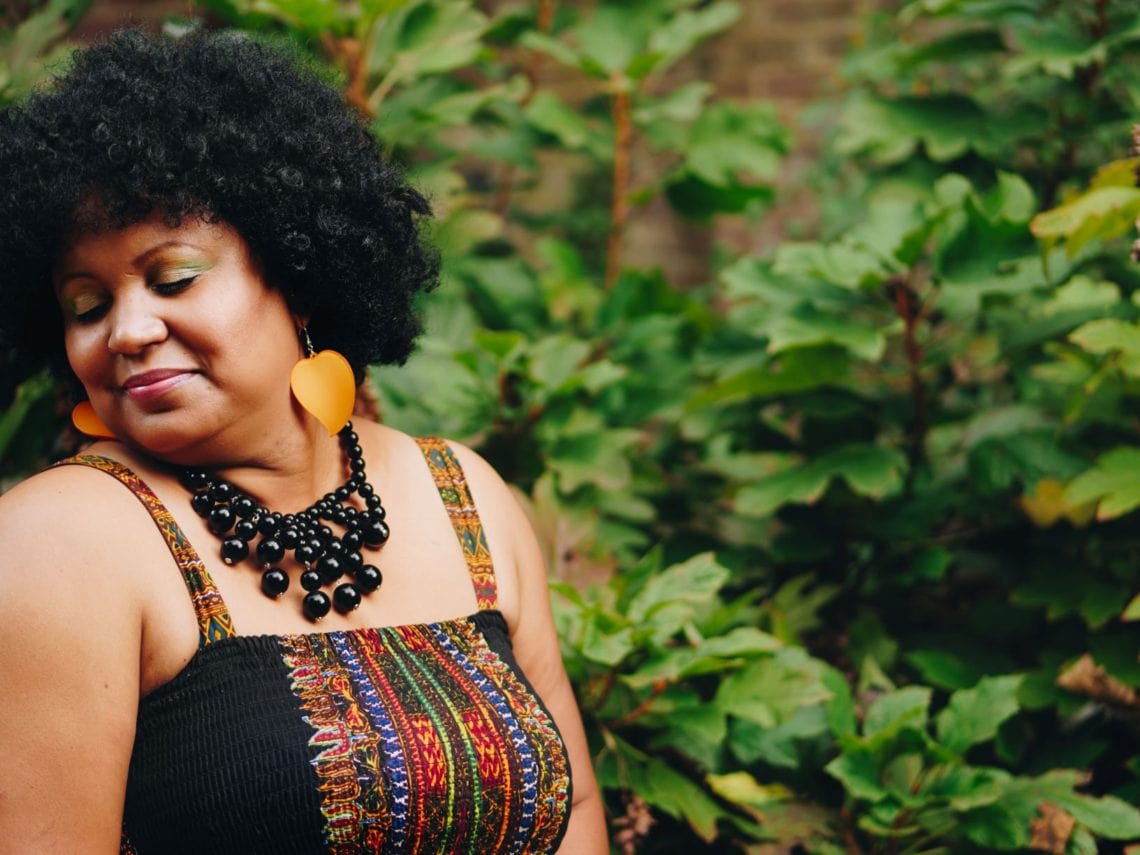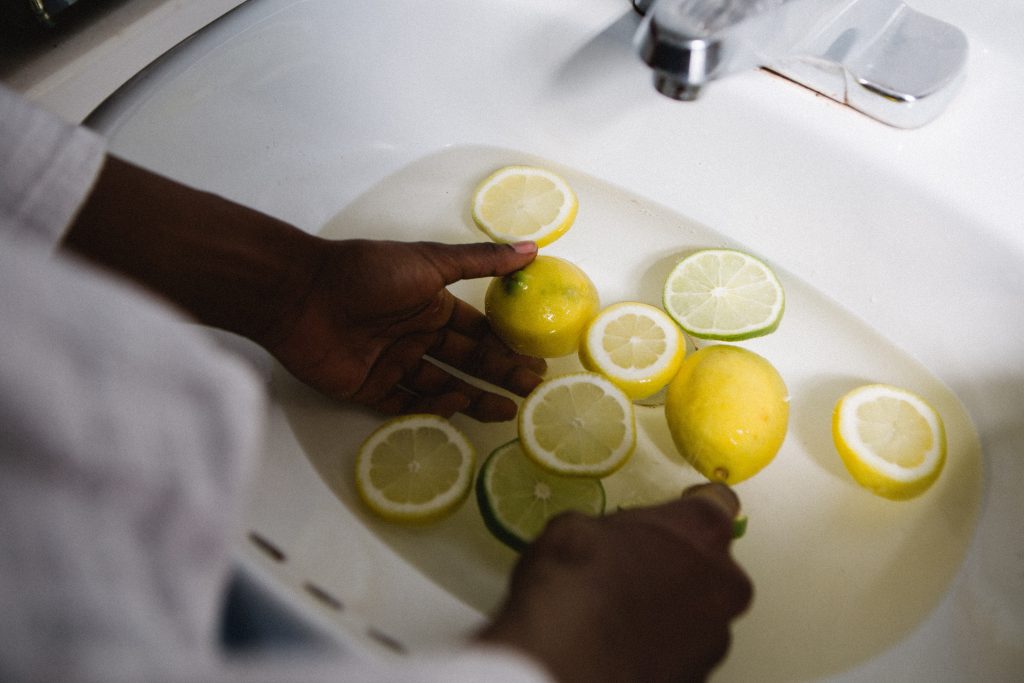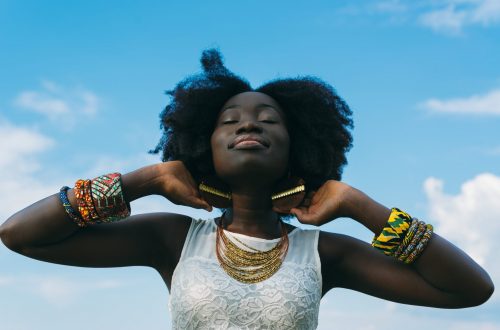
Hydration, Moisture, Moisturizers, Oh My!
Last week we took a look at hydration, moisture, and moisturizers and realized that there is a difference between the terms. Though routinely done, using the terms moisture and hydration interchangeably can be very misleading.
Hydration is the process of improving the absorption of water and nutrients into the hair so that the hair can retain moisture. Moisture Is simply the presence of water in the strand, and moisturizers help to hold that moisture by preventing its loss to the air.
Today, we’re going to take a closer look at moisturizers, moisturizing ingredients, and ways they help increase the hydration levels in your hair.
Hydration, moisture, and moisturizers
The common factor in all of these terms is water. Without water, your hair will not be hydrated, It will lack moisture, and moisturizers would be less effective.
We have established that hydration comes from water. One of the best practices for incorporating water into your hair strand, outside of diet, is through the process of routinely shampooing your hair. Once your hair is adequately hydrated, then you can begin the process of trying to retain its moisture.
Moisturizing products
A key ingredient for your hair’s health is water. That’s why one of the main ingredients in your products needs to be water as well. In addition to water, there are several ingredients available in your hair care products that will assist you in maintaining moisture in your hair strands.
These products labeled as “moisturizing or hydrating” get their names based on the fact that their primary focus is to help you maintain moisture in your hair strand. Retaining moisture can be done by drawing water to the hair strand or by preventing the loss of moisture from your hair.
Most products, including shampoos, conditioners, leave-in conditioners, stylers, creams, and oils, hold the title of moisturizers or moisturizing products. The “magic” ingredients these products employ, to help lock in moisture, are usually emollients and humectants.
Emollients
Emollients are oils or fatty ingredients that coat the hair and aid in its elasticity, allow it to feel smooth, and prevent moisture loss.
Emollients can be synthetic or naturally derived and, as with most ingredients, will have ranges of favorability based on how well it works and the ease of removal from the hair.
Some emollients commonly found in hair care products include:
- benzoates
- fatty alcohols (Cetyl Alcohol)
- myristates
- palmitates
- stearates,
- paraffin
- petroleum jelly
- Plant-based oils (almond, avocado, coconut, argan, linseed)
- Heavy butter (shea, cocoa)
- triglycerides
- waxes (lanolin, beeswax)
Humectants
Humectants are water-binding agents or substances that promote moisture retention. They usually work by drawing water from the atmosphere to the hair.
Humectants will vary in their ability to draw moisture for the atmosphere, with stronger humectants lending themselves to creating more frizz. Some humectants commonly used in hair care include:
- Agave nectar
- Fructose
- Glycerin
- Honey
- Hydrolyzed silk protein
- 1,2,6 hexanetriol
- Panthenol
- Propylene glycol
- Sodium PCA
- Sorbitol
What it all means
Humectants and emollients are neither good nor bad, but depending on certain conditions may have a negative or positive effect on the hair. The type of moisturizer, where it falls in the ingredient line up, your local humidity, and the hydration levels of your hair, will ultimately determine the effects these products have on your hair.
With all products that coat the hair strand, you should always consider their effects on the hair, impact on the body and skin, and ease of removal. While these products do have benefits, some are more inclined to build-up on the strands and could prevent your hair from receiving water as well. Choosing plant-based and water-soluble products and routinely cleansing the hair will help.
When it comes to having healthy hydrated strands that retain moisture, balance is essential, and consistency is necessary. To learn more about healthy hair practices, ways to maintain moisture, high-quality products, and how to simplify your natural hair routine, visit us today, and let’s strike up a curly conversation.






2 Comments
Clara
Simple and clear explanation.Thanks again for your factual hair care information, hopefully this spreads .
kristal
Thank you very much Clara for the feedback. I’m glad you are enjoying the content. It is my hope that this information spreads as well!